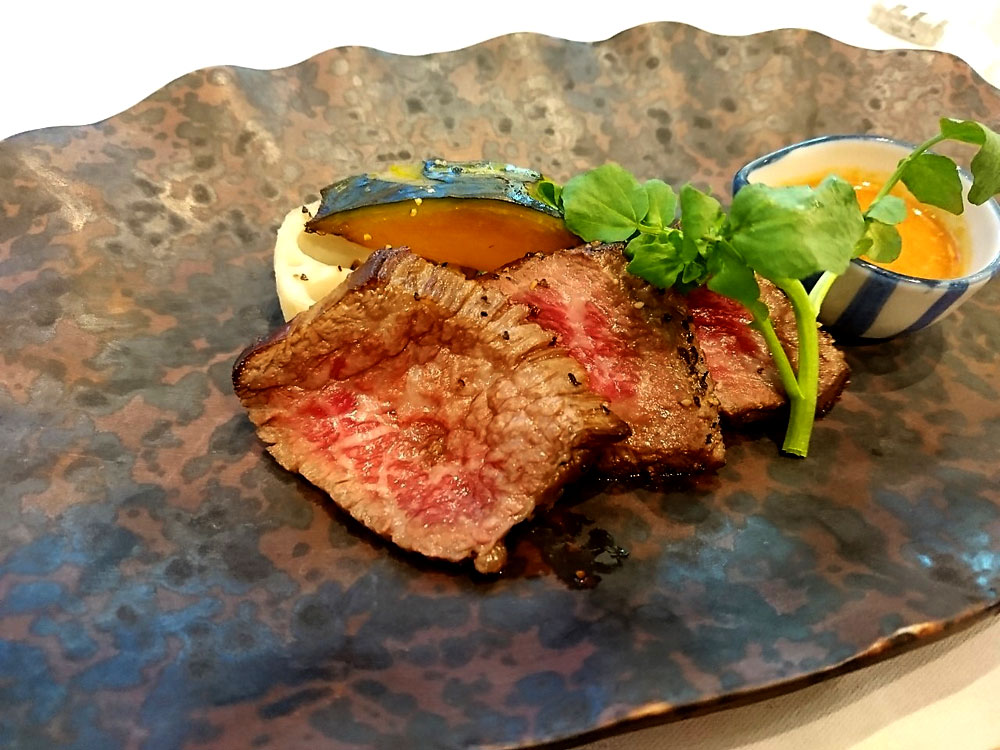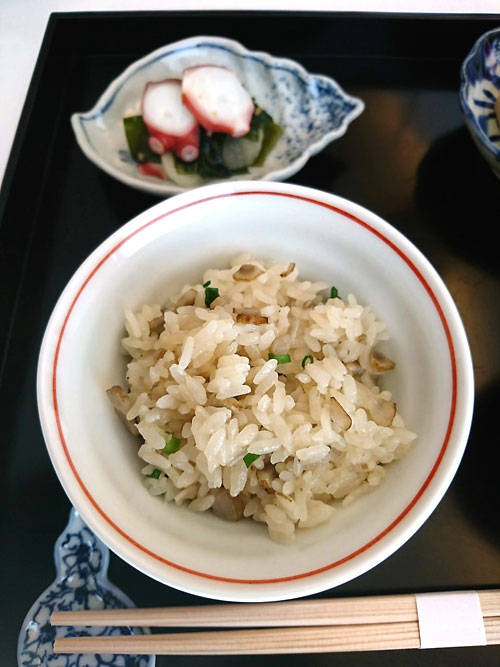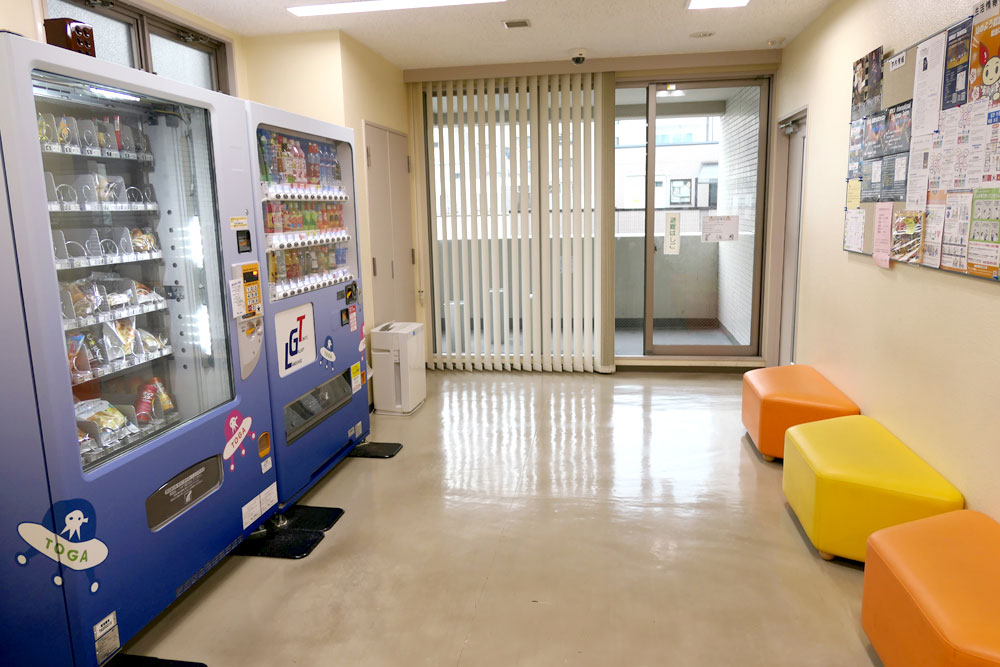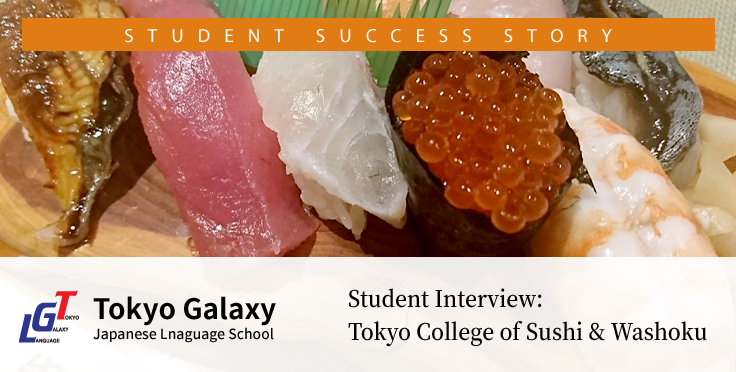Mr. Chung, who started studying in Japan at the Tokyo Galaxy Japanese Language School from April 2019, achieved his goal by successfully passing the entrance exam of the Tokyo College of Sushi & Washoku!
After spending a few years working in his home country Korea, Chung decided after much consideration to study in Japan in order to prepare for his future. So, he did not waste a single day and worked very hard to realize his goal.
We asked him for an interview and he kindly took some time out of his busy schedule to describe us about how he developed his attitude toward preparation for the entrance exam.
Would you tell us about what you have done in order to pass the entrance exam for the school of your choice?
I did not have much chance to study Japanese in Korea, because I moved to Japan right after making my decision to study abroad and I didn’t have enough time. I was planning to start studying for the N2 level of JLPT when I entered the Tokyo Galaxy Japanese Language School in April 2019, but my teachers said it might be better for me to go for the N3 level first, so I took the N3 exam in July and passed it.
After that, I started to study for the special entrance exam of the Tokyo College of Sushi and Washoku, designed for applicants who have not passed the JLPT N2 level exam.
This special entrance exam includes a Japanese language test (its difficulty level is between JLPT N3 and N2), an essay test and an interview test. So I decided to prepare for the Japanese test by continuing to study for JLPT N2 level, while getting ready for essay and interview tests with the help of Ms. Kaida, the entrance exam trainer of Tokyo Galaxy, and my homeroom teacher. The essay test was not like those in typical 4-year university entrance exams; it didn’t have to be about a specific topic, so I tried to strengthen my ability of everyday conversation and writing in order to be able to tell what I want to as much as I can, rather than studying difficult Japanese vocabulary.
At my interview test, I had an impression that the interviewer listened to me very intently, considering my background as a foreign student.

You started studying in the Beginner-1 class in April, and you reached N2 level of JLPT in 6 months. What’s the secret?
In fact, I haven’t tried the N2 level test yet (as of November 2019). I came to Japan in April 2019, passed N3 level test in July, and in September, I was recognized as having an ability of N2 level through a unique practice test conducted by the Tokyo Galaxy Japanese Language School. After that, I took the special entrance exam for the Tokyo College of Sushi & Washoku and passed it.
Among the aspects of Japanese language, I made the most effort on studying kanji. We rarely use kanji in Korea, and I was not so fond of it, so my knowledge of kanji was very poor.
However, after coming to Japan, I was forced to be aware of the importance of kanji. When you read a Japanese sentence, you might be able to guess what the hiragana part says even if you didn’t know the exact meaning, but it’s just impossible to get the picture if you couldn’t read the kanji part. So, I think that the number of kanji you know will directly represent your Japanese ability.
Therefore, when I took classes at Tokyo Galaxy Japanese Language School, I studied kanji with great emphasis and learned kanji every day until the entrance exam was over. Many of my classmates had already studied kanji in Korea, and they had took the kanji kentei (kanji aptitude test); I often had a feeling in my classes that I knew very little compared to them, so that pushed me to concentrate more on studying kanji.
I think the practice test of JLPT N2 level is not that difficult; if you have a decent knowledge of kanji, you can understand the most of it. Of course, it’s necessary to study grammar and vocabulary, but personally I think kanji is the most important part.

What was your reason for choosing the Tokyo Galaxy Japanese Language School?
When I decided to study at the Tokyo College of Sushi & Washoku, I came to know that I will be required to have a JLPT certificate, and I thought it would be a lot better for me to go to Japan and start studying there rather than to stay in Korea.
Since I lived in a rural area, there was not much source of information that I could use other than the Internet. I searched for information about Japanese language schools, and Tokyo Galaxy’s website had lots of resources, useful resources that I thought was worthy of trust.
Besides the fact that I could know a lot about the school through its web page, I also liked the school’s systematic lessons, and the specific plans provided for further study. I could actually feel the benefit of the school’s system while I was attending.
When compared with Japanese language schools in Korea, there are some differences in pace of teaching and other aspects, but I think it’s natural because Tokyo Galaxy is not a school aimed solely at going on to higher education. The students of Tokyo Galaxy have different backgrounds and they are studying for various purposes. It is an interesting environment that I can get a lot of stimulus in terms of studying and setting goals.

Could you name someone in Tokyo Galaxy that you would like to express your gratitude?
I am grateful to all the teachers who have taught me so far, but Ms. Kaida, the entrance exam trainer, really helped me a lot.
At the Tokyo Galaxy Japanese Language School, in addition to the homeroom teacher, each student is accompanied by a trainer in charge of educational advancement. However, I was thinking of going to a vocational school two years later when I entered Tokyo Galaxy, so I didn’t apply for entrance exam training and I didn’t have a trainer. Therefore, after deciding to move my schedule forward, I gathered information and prepared for the exam all by myself. When I was preparing for essay and interview tests, I always went to see Ms. Kaida and asked for advice many times. She helped me as she would look after her own trainee. Thanks to her support, I was able to take the special entrance exam of the school of my choice and pass it.
Of course, I received lots of help not only from Ms. Kaida but all of the Tokyo Galaxy teachers I met. They always supported me kindly and actively when I needed help, at class and outside class. That was very impressive to me.
Mr. Chung’s interview will continue to the next article!
